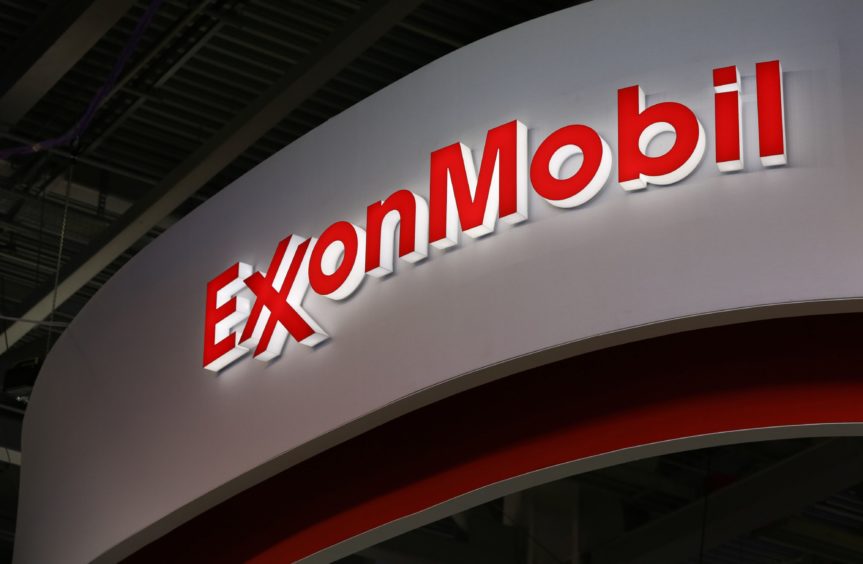
Production and reserves at ExxonMobil’s (NYSE:XOM) giant Cepu Block – rumoured to be a divestment candidate – have exceeded expectations, reported Indonesian upstream regulator SKK Migas.
Total output from the Cepu Block, which started up in 2016 and is Indonesia’s largest oil production area, has now hit 500 million barrels of oil, beating the target of 450 million barrels in the initial plan of development (PoD), said SKK Migas.
“Since 2008, with a total investment of around IDR 57 trillion ($4 billion), Cepu has produced 500 million barrels of crude oil and contributed more than IDR 249 trillion to state revenue in the form of crude oil and taxes,” said head of SKK Migas, Dwi Soetjipto, in a statement last Thursday.
Based on the technical study carried out, the Banyu Urip field reserves also increased to 940 million barrels, an increase of more than double from the initial PoD estimate of 450 million barrels, said SKK Migas.
“At the beginning of the Banyu Urip POD, the plateau production period was estimated to last for about two years with an annual average production level of 165,000 barrels of oil per day (BOPD). Since the full facility started in January 2016, peak production can be achieved for approximately 5 years at 185,000 to 225,000 BOPD, including an additional 10,000 BOPD from the Kedung Keris field since December 2019,” said Dwi.
“Banyu Urip has been at peak production for 5 years, 3 years longer than originally anticipated, now the field is experiencing a natural reservoir decline due to the nature of natural reservoirs that are generally accepted throughout the world,” he continued.
However, Dwi said that his organisation continued to work together with ExxonMobil to maintain the level of production decline that occurred. “Together with ExxonMobil, we are actively coordinating to maintain the production level of the Cepu, this is done considering that Cepu is one of the backbones in the effort to achieve national production of 1 million BOPD in 2030,” he explained.
Last month, US supermajor ExxonMobil said it is planning to restart exploration drilling at its giant Cepu Block in Indonesia, despite rumours that it is looking to divest its interest, in a bid to find new reserves. Cepu, which holds the Banyu Urip project, one of Southeast Asia’s biggest oil developments, is Indonesia’s largest oil producing block.
ExxonMobil holds 45% of the total participating interest in the Cepu Block onshore east Java, officially known as the Cepu Cooperation Contract (KKS). The Cepu KKS, operated by ExxonMobil will continue until 2035.
The Cepu Cooperation Contract (KKS) was signed on 17 September 2005 and covers the Cepu contract area in Central Java and East Java. ExxonMobil Cepu Limited (EMCL), Ampolex Cepu PTE LTD., PT Pertamina EP Cepu and four local government companies, PT Sarana Patra Hulu Cepu (Central Java), PT Asri Dharma Sejahtera (Bojonegoro), PT Blora Patragas Hulu (Blora) and PT Petrogas Jatim Utama Cendana (East Java) together constitute the Contractor under the Cepu KKS.
